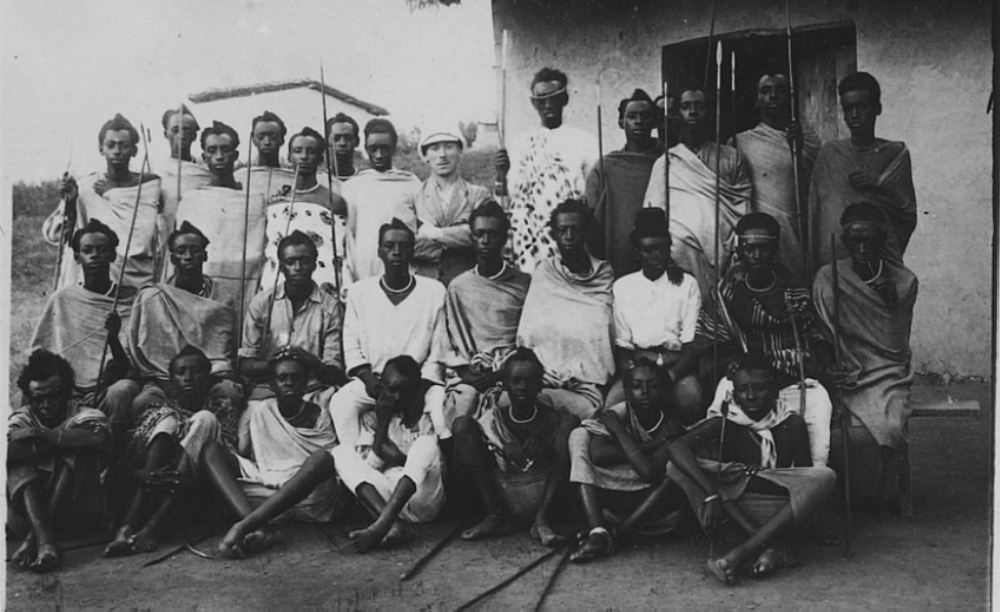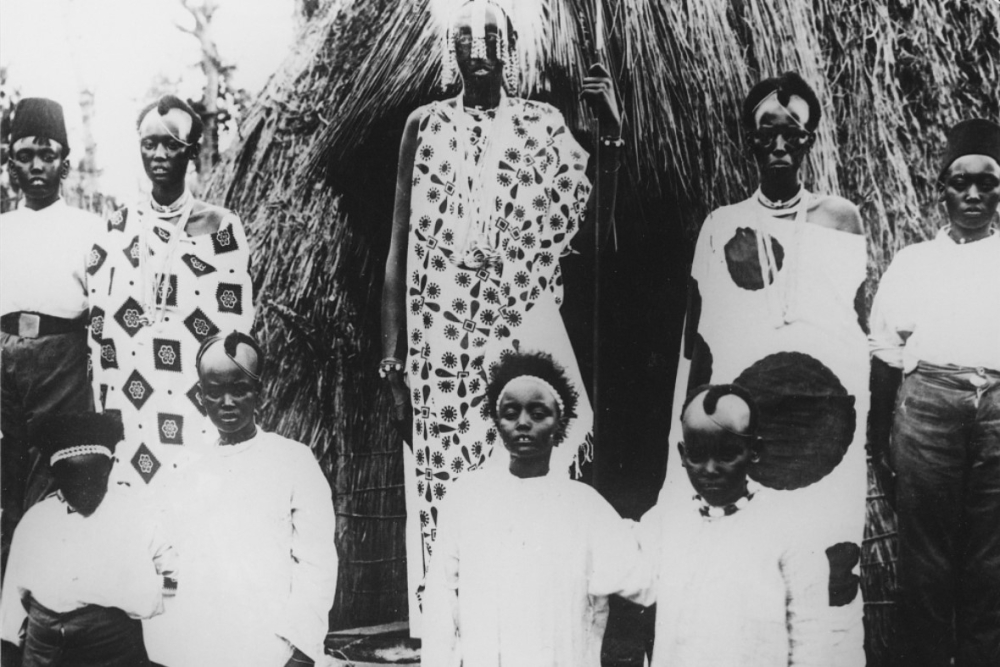

Yuhi V Musinga reigned from 1897 to 1931, a period that was marked by both internal and external challenges to his rule. His enthronement took place at Runda, near Gihara, in what is now Kamonyi District.
Some survivors of the defeated faction got it rough.
The court treated the survivors who were holders of the esoteric code differently. A competent holder of the code (Mwiru), from the relatives of Rutikanga, son of Nkuliyingoma, had to be found.
This led to the selection of Mabare, a son of Nkulingoma, who, though aware of the rules of the esoteric code, acted in favor of the victors. Musinga was given the royal name Yuhi, though by the rules of esotericism, he should have borne the name Mibambwe.


Musinga’s enthronement occurred in early 1897. His mother, Kanjogera, altered the previous dynastic title of Nyiramibambwe to Nyirayuhi, distinguishing herself as the only queen mother to reign under such circumstances.
During this time, European interest in Rwanda was growing. At the court in Runda, Captain Ramsay, chief of Ujiji District in present-day Tanzania, arrived to explore Rwanda, which fell under his jurisdiction.
Crossing the Kagera River at Rusumo Falls, Ramsay followed the river upstream, passing Lakes Mugesera and Sake, before reaching what is now Bugesera District. He explored the confluence of the Akanyaru and Nyabarongo rivers and then arrived at Runda, where the royal court was located.
Musinga used Mpamarugamba as a decoy to meet Ramsay, who, believing he had met the king, secured a protectorate agreement and left a German flag. Ramsay departed through the southern regions and crossed into Burundi.
After Ramsay’s departure, the royal court moved from Runda to Kamonyi, also in Kamonyi District. It was there that Musinga’s reign faced its first significant internal opposition. Several regions, including the former prefectures of Gisenyi, Ruhengeri, and Byumba, in what is now Northern and Western Provinces, rejected Musinga’s authority, viewing him as an illegitimate usurper.
They refused to provide the annual tributes of food and goods to the court, and chiefs loyal to Musinga were driven out. The court initially focused on consolidating power in the central region, avoiding punitive expeditions, which were considered premature.
While the court was still at Runda, Prince Muhigirwa sent gifts as a sign of loyalty to the new monarch, with a messenger named Mudebeli. The queen mother, Kanjogera, insisted that Muhigirwa send his son, Muhunguyisoni, as a sign of deeper allegiance.
However, the presents were disdainfully received by Kanjogera’s brother, Ruhinankiko. Muhigirwa, sensing from various emissaries that he was unwelcome at court, chose to rebel.
Muhigirwa, a respected warrior, mobilized against Musinga. He sent emissaries to Balyinyonza, a chief in the Buganza region (now part of the Eastern Province), calling on the people to rise up in arms. Muhigirwa planned a coordinated attack from the south, with Balyinyonza striking from the east. Muhigirwa believed that Nduga, in what is now the Southern Province, was reluctant to pledge loyalty to Musinga.
Muhigirwa’s rebellion was ultimately defeated by royalists, and he committed suicide after being fatally wounded in battle. His son, Muhunguyisoni, who had been enthroned as Rugwe II, was captured and brought to court, later being sent to the infamous Rwabayanga pit in what is now Bugesera District.
According to tradition, Muhigirwa’s remains were secretly buried in Burundi.
Though the royal court had defeated Muhigirwa, his rebellion had sparked unrest in the east. Balyinyonza, fully aware of his precarious position at court, continued Muhigirwa’s plan but lost momentum when Gisaka refused to join the uprising, preferring to stay out of Rwanda’s internal conflicts.
Muhigirwa’s loyal emissary, Rwamanywa, managed to stir unrest in Bwanacyambwe, in present-day Gasabo District, and incited rebellion in the north.


